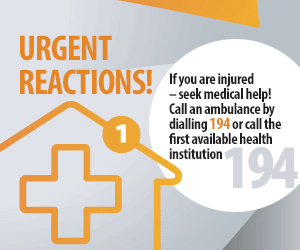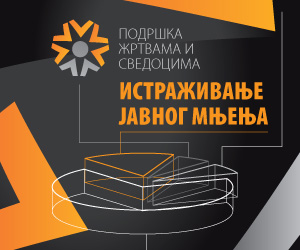
This year, the milestone sixtieth regular annual conference of the Serbian Association for Criminal Law and Practice will be dedicated to criminal law protection of victims, justice during the coronavirus pandemic, and the Law on Juvenile Criminal Offenders and Criminal Protection of Juveniles after 15 years of implementation.









